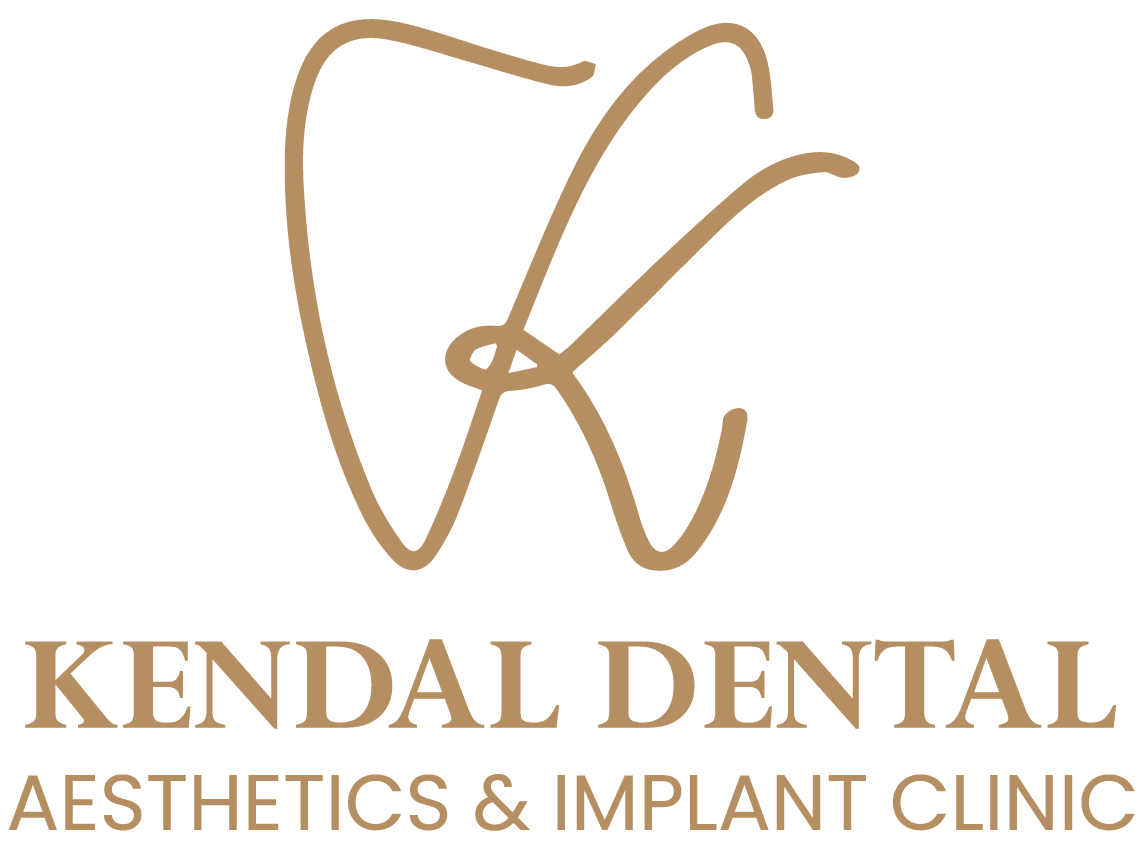The NHS (National Health Service) provides dental care for millions of people across the UK. For those wondering whether they can get their teeth done through the NHS, the answer is yes. The NHS offers a range of essential dental treatments to maintain oral health and prevent serious issues. However, there are limitations to the services provided, and it’s important to understand what is covered, how to access care, and what costs may be involved. In this comprehensive guide, we’ll explore the details of NHS dental care, helping you navigate the system effectively.
What Dental Treatments Are Available on the NHS?
The NHS focuses on treatments that are necessary to maintain oral health. These services ensure that your teeth, gums, and mouth remain in good condition. Here is a list of the dental treatments covered by the NHS:
- Routine Examinations: Regular check-ups to assess the health of your teeth and gums.
- Scale and Polish: Cleaning to remove plaque and tartar build-up, which helps prevent gum disease.
- Fillings: Repairs for cavities and tooth decay to restore functionality.
- Root Canal Treatment: Treatment for infections within the tooth to save it from extraction.
- Extractions: Removal of teeth that are damaged, decayed, or causing issues.
- Dentures, Bridges, and Crowns: Restorative treatments to replace or repair missing or damaged teeth.
The treatments provided under NHS care are aimed at addressing essential oral health needs rather than cosmetic improvements. Procedures like teeth whitening, veneers, or dental implants are generally not included unless they serve a functional purpose, such as replacing a missing tooth caused by trauma or disease.
Are Private Fillings Better Than NHS?
Who Is Eligible for NHS Dental Care?
The NHS dental care system is open to everyone in the UK. However, some individuals qualify for free dental care. You may be eligible for free NHS dental treatments if you meet the following criteria:
- You are under 18 or under 19 and in full-time education.
- You are pregnant or have had a baby in the last 12 months.
- You are receiving certain benefits, such as Universal Credit, Income Support, or Pension Credit.
It’s important to bring proof of eligibility to your dental appointment if you qualify for free treatment.
Can an NHS Dentist Refuse a Root Canal?
How to Register with an NHS Dentist
To access NHS dental care, you need to register with an NHS dentist. Here’s how the process works:
- Find an NHS Dentist: Use the NHS website or contact your local health board to locate dentists accepting NHS patients in your area.
- Provide Your Details: Share your personal information, including your name, address, date of birth, and contact details.
- Book an Appointment: Your first appointment will involve a clinical examination, during which the dentist will assess your oral health and discuss any treatments you may need.
It’s worth noting that not all dentists accept new NHS patients, so you may need to call around or join a waiting list.
Can an NHS Dentist Remove You Without Warning?
What to Expect During an NHS Dental Appointment
When you visit an NHS dentist, the experience will typically include the following steps:
- Examination: The dentist will examine your teeth, gums, and mouth to check for any issues.
- Treatment Plan: If treatment is required, the dentist will provide a plan outlining the necessary procedures and associated costs.
- Advice: The dentist will discuss how to maintain your oral health and recommend when to return for a check-up.
You will receive written information about your treatment plan, ensuring transparency and clarity.
Costs of NHS Dental Treatments
NHS dental treatments are divided into three cost bands, making it easier to understand what you’re paying for:
- Band 1: Covers an examination, diagnosis, and advice. It may also include X-rays, a scale and polish, and treatment planning.
- Band 2: Includes everything in Band 1, plus additional treatments like fillings, root canals, and extractions.
- Band 3: Covers all treatments in Bands 1 and 2, as well as more complex procedures such as crowns, bridges, and dentures.
If you require further treatment within two months of completing a Band procedure, you won’t be charged again. However, treatments beyond this period will incur a new charge.
Combining NHS and Private Treatments
Many patients choose to combine NHS and private treatments to meet their needs. While NHS care focuses on essential treatments, private options can provide cosmetic procedures like teeth whitening or veneers. Discussing your preferences with your dentist can help you create a treatment plan that works for your budget and goals.
What If I’m Not Registered with an NHS Dentist?
If you’re not registered with an NHS dentist, you can still access urgent dental care. Contact NHS 111 or a local dental practice for advice. Emergency care may include pain relief, temporary fillings, or extractions to address immediate issues. However, registering with a dentist ensures access to regular check-ups and ongoing care.
Maintaining Good Oral Health
Good oral hygiene is key to reducing the need for dental treatments. Here are some tips to keep your teeth and gums healthy:
- Brush Twice a Day: Use fluoride toothpaste and a soft-bristle toothbrush to clean your teeth thoroughly.
- Floss Daily: Remove plaque and debris from between your teeth with dental floss or interdental brushes.
- Eat a Balanced Diet: Limit sugary foods and drinks to prevent tooth decay.
- Visit the Dentist Regularly: Routine check-ups help catch problems early and keep your oral health on track.
By adopting these habits, you can minimise the likelihood of needing extensive dental work.
Conclusion
The NHS provides essential dental care to maintain good oral health and prevent serious problems. While cosmetic treatments are not included, the services offered cover a wide range of necessary procedures, from fillings to dentures. By registering with an NHS dentist, attending regular check-ups, and practising good oral hygiene, you can ensure your teeth stay healthy and strong.
Understanding the NHS dental system empowers you to make informed decisions about your oral health. Whether you’re seeking routine care or urgent treatment, the NHS is here to help. Take the first step today by registering with an NHS dentist and prioritising your smile!
Transform Your Smile with Kendal Dental Aesthetics and Implant Clinic
At Kendal Dental Aesthetics and Implant Clinic, we are dedicated to providing exceptional dental care tailored to your needs. Whether you’re looking for restorative treatments, dental implants, or advice on maintaining a healthy smile, our experienced team is here to help.
Frequently Asked Questions (FAQs)
Can I get dental implants through the NHS?
Dental implants are not typically covered unless deemed medically necessary, such as due to trauma or disease. Eligibility is assessed individually.
Are braces covered under NHS care?
Yes, braces may be available for children under 18 if they have significant dental issues. Adults usually need private care.
How long does it take to register with an NHS dentist?
Registration depends on availability. Some practices accept patients immediately, while others may have waiting lists.
Can I access emergency dental care without being registered?
Yes, NHS 111 or local dental practices can provide urgent care even if you’re not registered with a dentist.
What happens if I can’t afford NHS dental treatment?
Certain individuals, such as those receiving specific benefits, may qualify for free or reduced-cost NHS dental care. Check your eligibility with your dentist.


